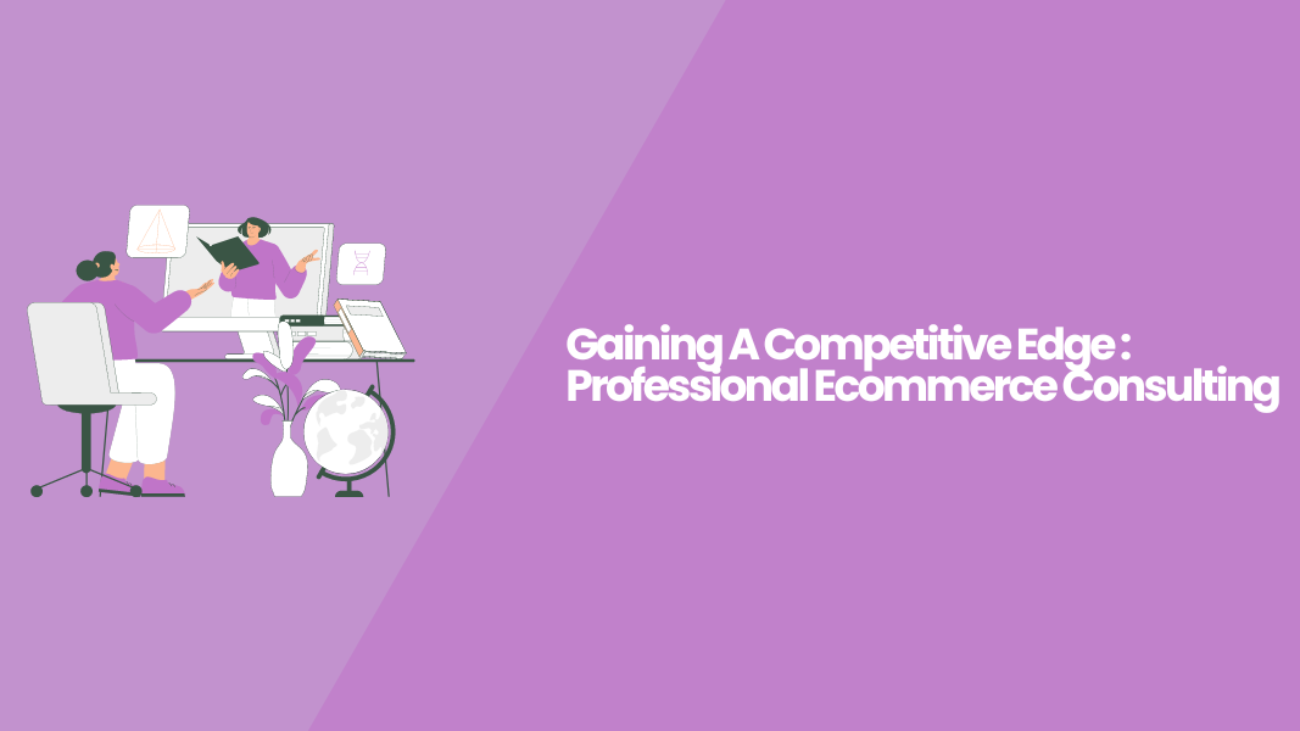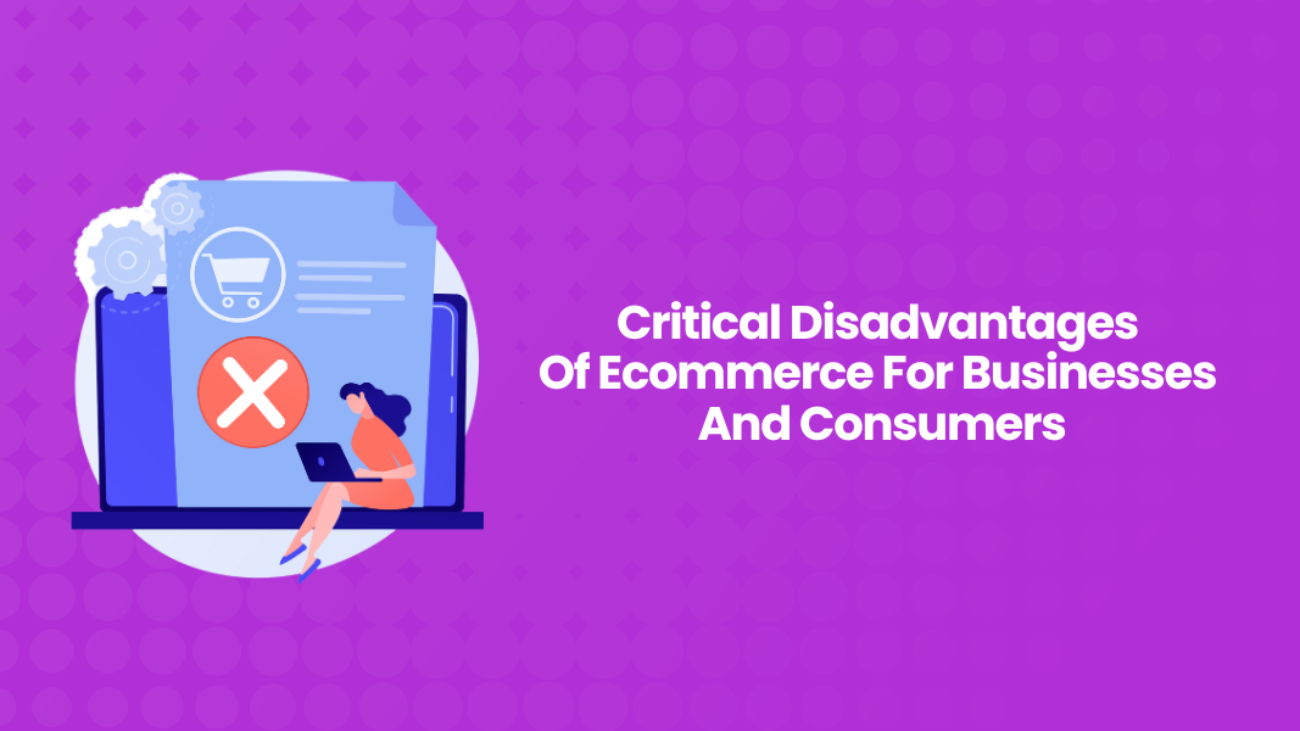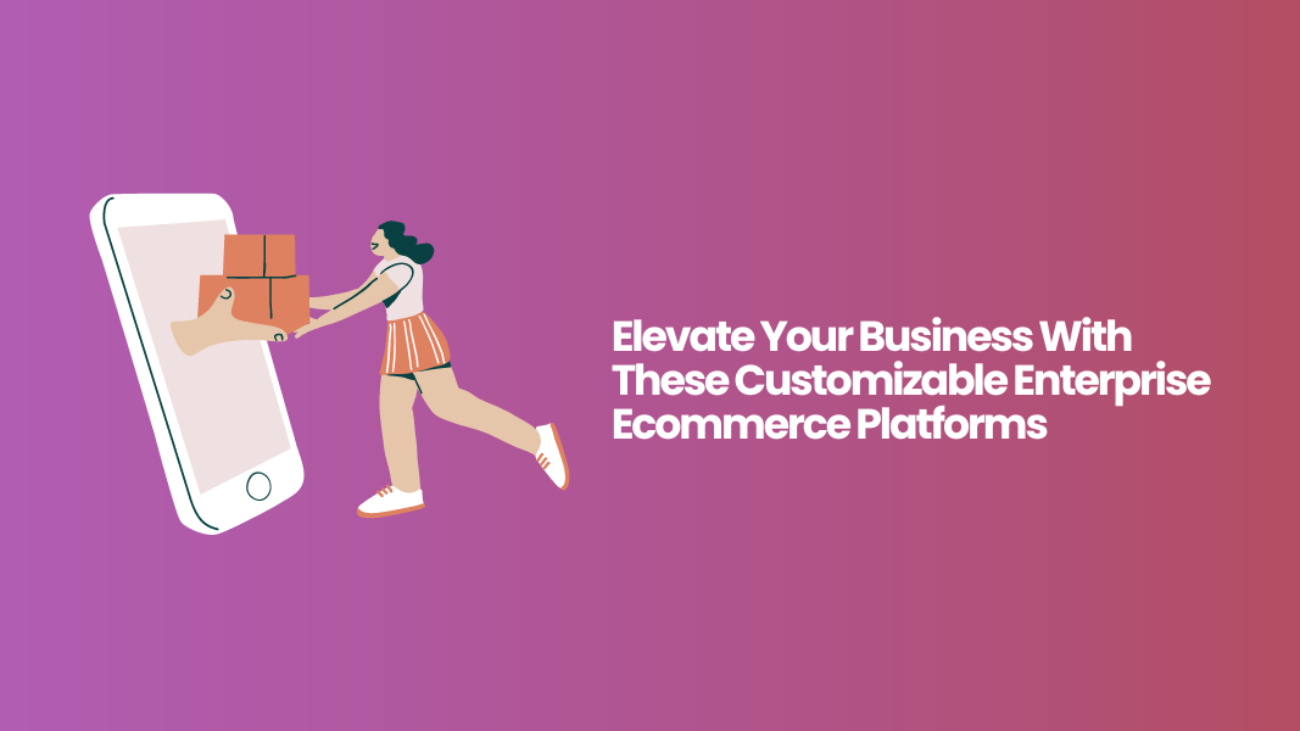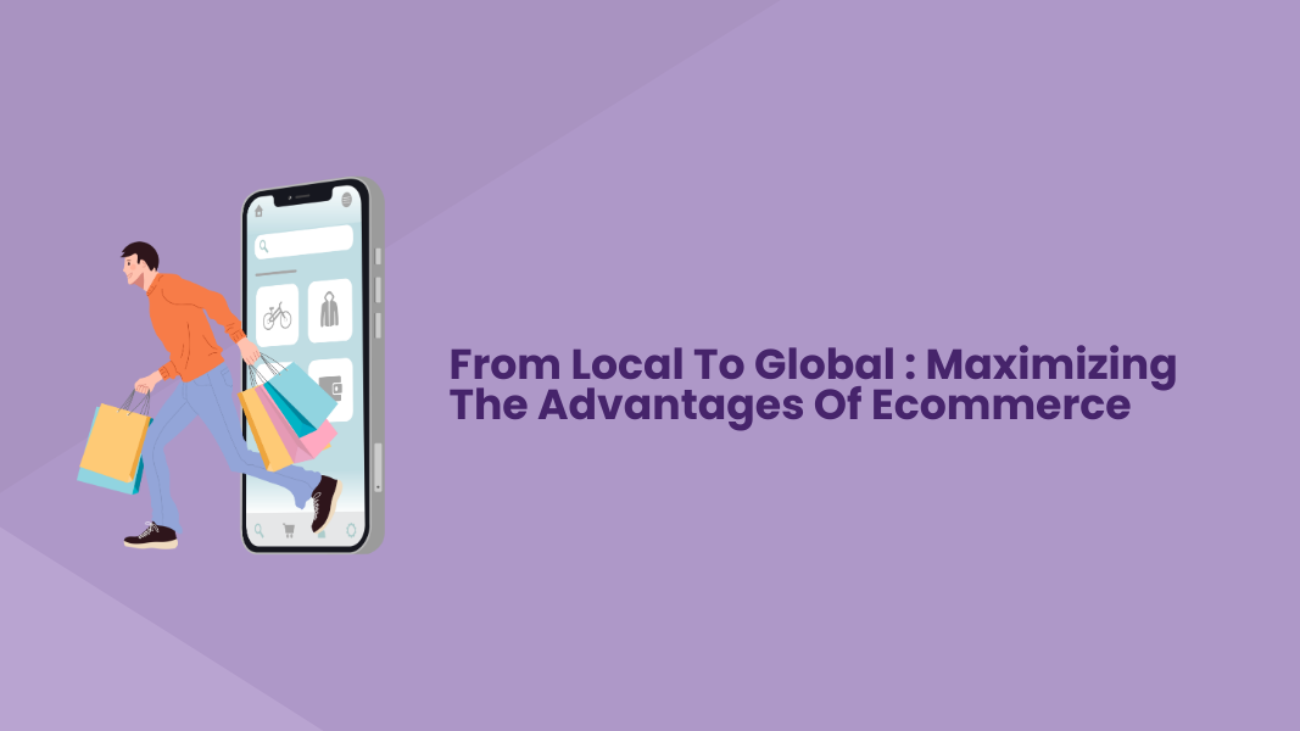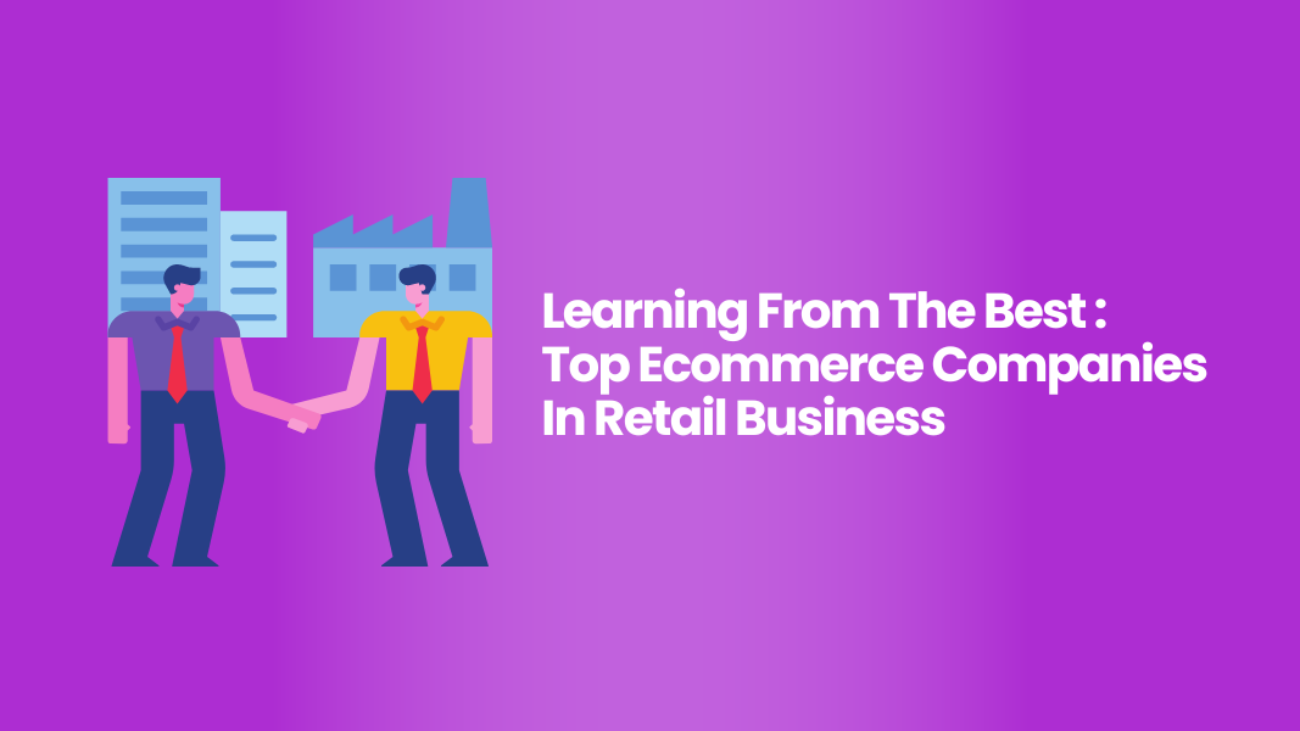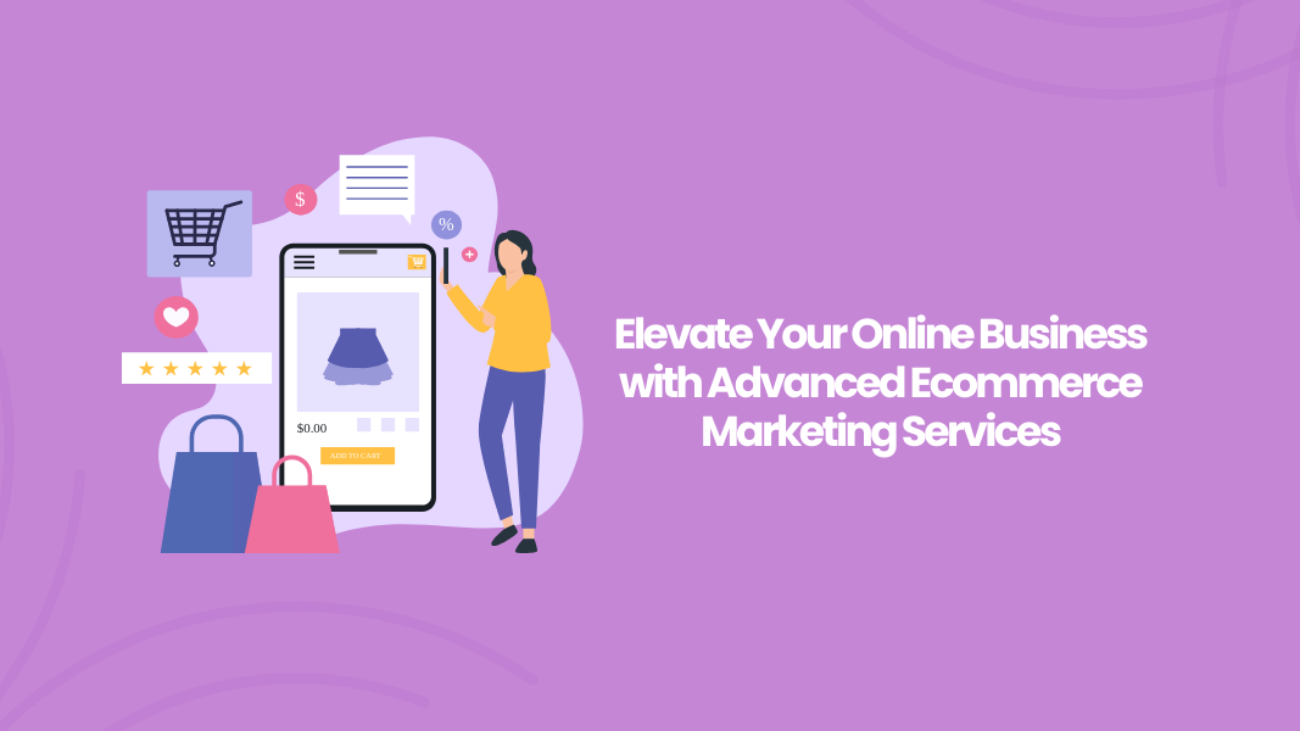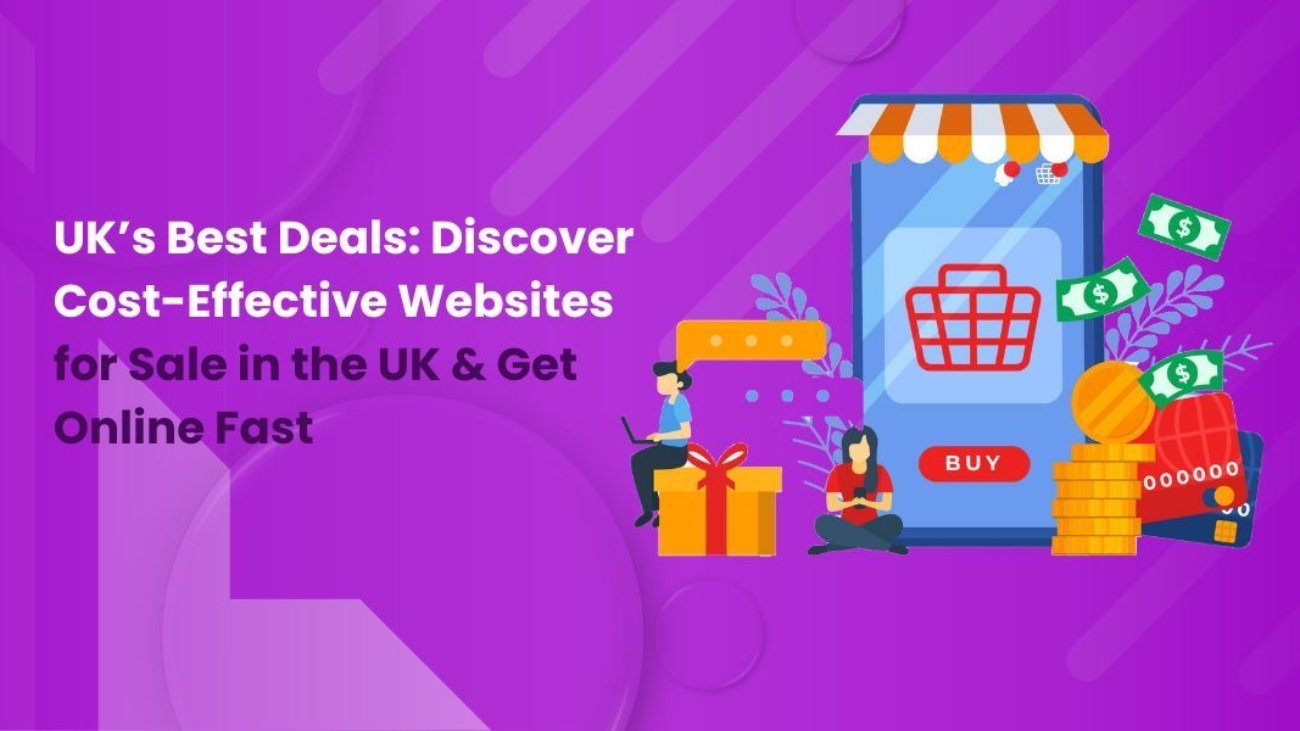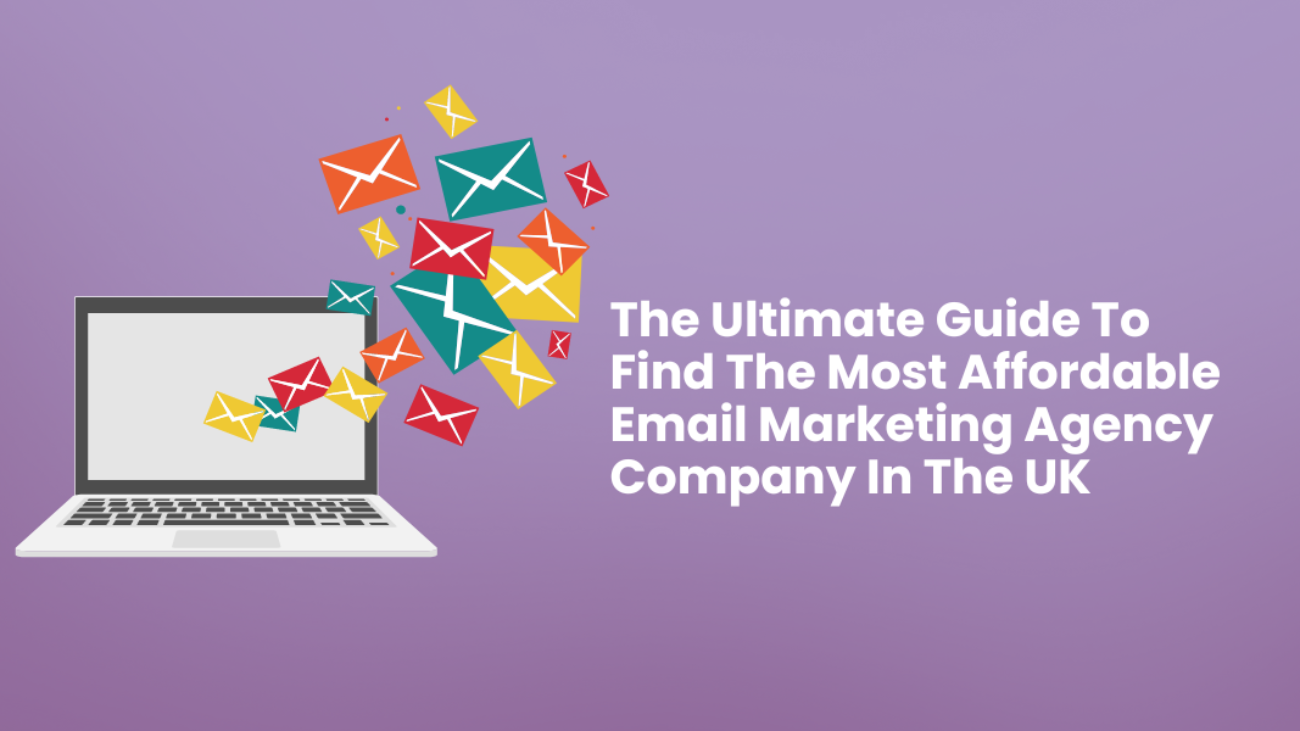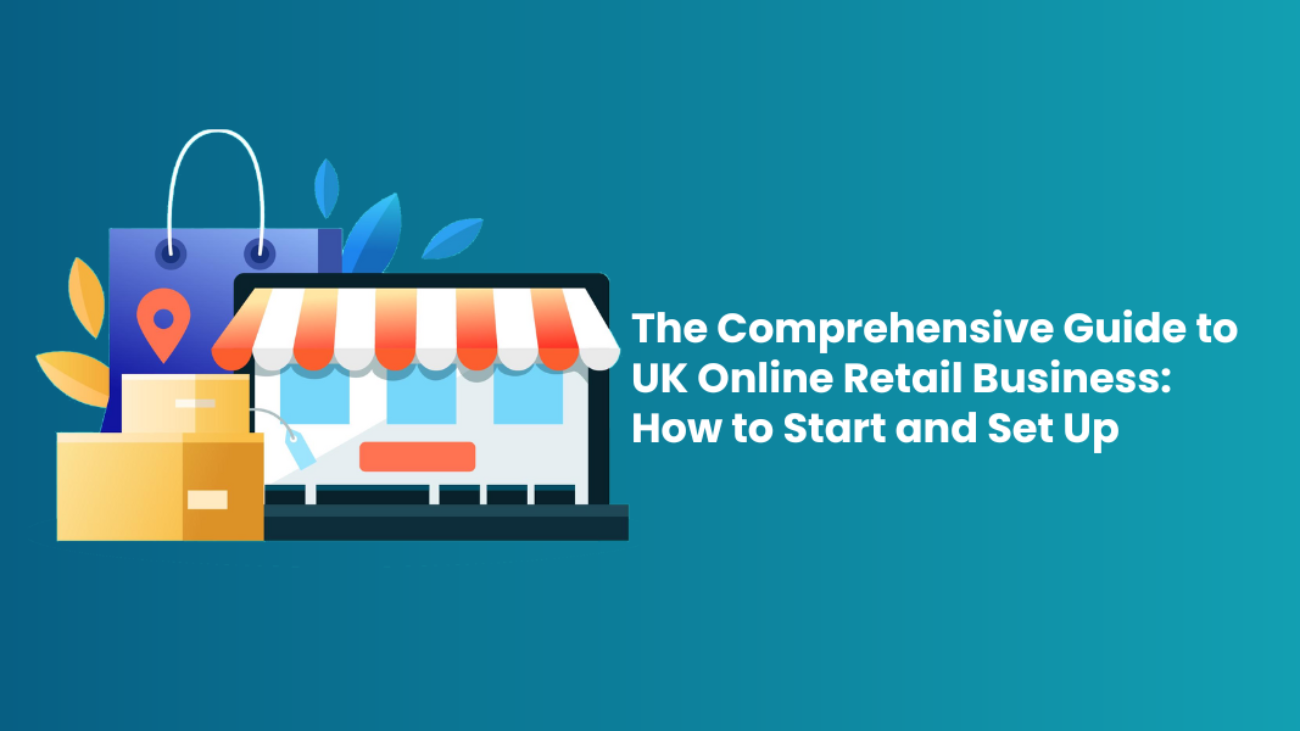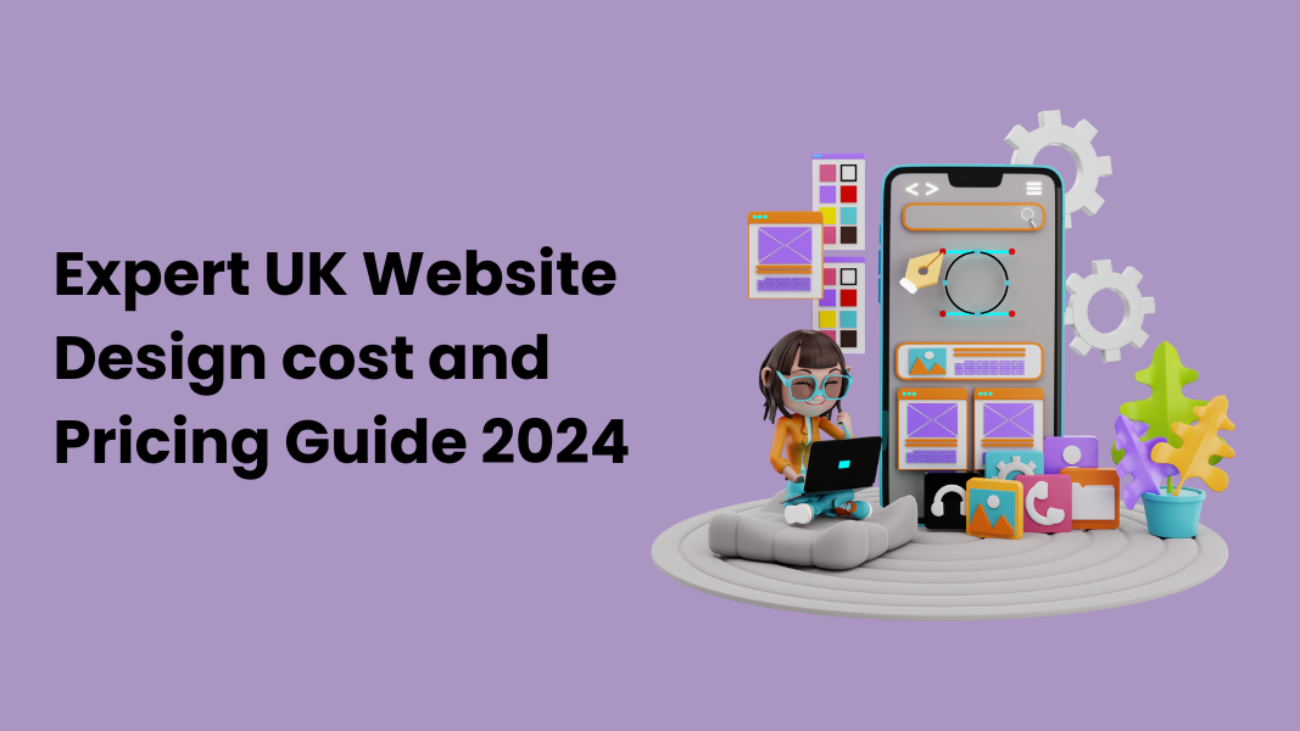In the rapidly evolving arena of digital commerce, merely establishing an online store is no longer sufficient for securing a competitive edge. To thrive in today’s saturated market, businesses must transcend conventional website setups and adopt a sophisticated, data-driven strategy. Professional ecommerce consulting is the catalyst for this transformation. Explore how leveraging expert ecommerce consulting can elevate your digital presence and drive significant returns on investment.
Decoding Professional Ecommerce Consulting
Professional ecommerce consulting involves engaging with industry experts who possess specialised knowledge in digital retail. These consultants deliver bespoke solutions tailored to address your specific business challenges. Key areas of focus include:
- Website Design and User Experience (UX): Implementing cutting-edge UX/UI principles to craft a seamless, engaging online shopping experience that enhances customer retention.
- Advanced Digital Marketing Strategies: Utilising data-driven tactics such as conversion rate optimization (CRO), customer acquisition strategies, and advanced segmentation to boost online visibility and audience engagement.
- Supply Chain Optimization: Enhancing logistics and inventory management through advanced analytics and automation to improve operational efficiency and scalability.
By leveraging in-depth industry expertise and personalised strategies, professional ecommerce consulting aims to transform your online store into a leading digital powerhouse.
Key Benefits of Professional Ecommerce Consulting- Why Professional Ecommerce Consulting is Essential for Dominating the Digital Retail Landscape
- Expert Industry Insights: Access to consultants who are adept at leveraging emerging trends, proprietary technologies, and industry best practices. Their advanced knowledge helps you circumvent common pitfalls and implement strategies that are empirically validated to drive success.
- Custom-Tailored Solutions: Recognizing that each ecommerce business is unique, consultants provide customised solutions, from refining your site’s architecture to optimising the user journey and streamlining the checkout process.
- Enhanced User Experience: By addressing issues such as friction points in navigation, mobile responsiveness, and overall site usability, consultants improve the user experience, which is crucial for reducing bounce rates and increasing conversion rates.
- Sophisticated Digital Marketing: Development of robust digital marketing frameworks that include SEO enhancements, pay-per-click (PPC) strategies, and targeted social media campaigns. Consultants ensure that your marketing efforts are not only effective but also strategically aligned with your business objectives.
- Data-Driven Decision Making: Integration of advanced analytics tools and performance metrics to provide actionable insights. Consultants assist in setting up and interpreting these tools, enabling you to make data-informed decisions that enhance operational efficiency and drive growth.
- Scalability and Growth Management: As your business scales, professional consultants offer crucial support in managing increased traffic, expanding product lines, and entering new markets. They implement scalable solutions and automate processes to align with your growth trajectory.
Incorporating Industry-Specific Innovations
- Leveraging AI and Machine Learning: Modern ecommerce strategies increasingly integrate artificial intelligence (AI) and machine learning for predictive analytics, personalised recommendations, and dynamic pricing. Consultants use these technologies to optimise user experiences and automate customer interactions.
- Adopting Omnichannel Strategies: Ensuring a consistent shopping experience across multiple channels—such as web, mobile, and physical stores—is essential. Professional consultants help design and implement omnichannel strategies that integrate online and offline customer journeys.
- Blockchain for Enhanced Security: With rising concerns over data security, blockchain technology offers enhanced transparency and security in transactions. Consultants explore blockchain solutions to fortify your ecommerce platform against fraud and data breaches.
When to Engage Professional Ecommerce Consulting
- Launching a New Store: Secure a competitive advantage from the outset with expert advice on platform selection, strategic planning, and initial marketing tactics to lay a robust foundation for your online store.
- Addressing Performance Gaps: When your online store underperforms, consultants can diagnose root causes and develop targeted strategies to enhance performance and drive sales growth.
- Navigating Business Expansion: As you broaden your product range, enter new markets, or scale operations, professional consultants provide strategic guidance to ensure smooth and effective growth.
- Filling Expertise Gaps: If your in-house team lacks advanced knowledge in areas such as digital marketing or UX design, professional ecommerce consulting bridges these gaps with specialised expertise.
Conclusion
Investing in professional ecommerce consulting is a transformative strategy for online retailers aiming to achieve sustained success. Through bespoke strategies and expert insights, consultants can revitalise your digital storefront, enhance user experience, and drive substantial revenue growth. For businesses dedicated to reaching ecommerce milestones and expanding their digital footprint, professional consulting is not merely an option—it’s a strategic imperative with far-reaching benefits.
